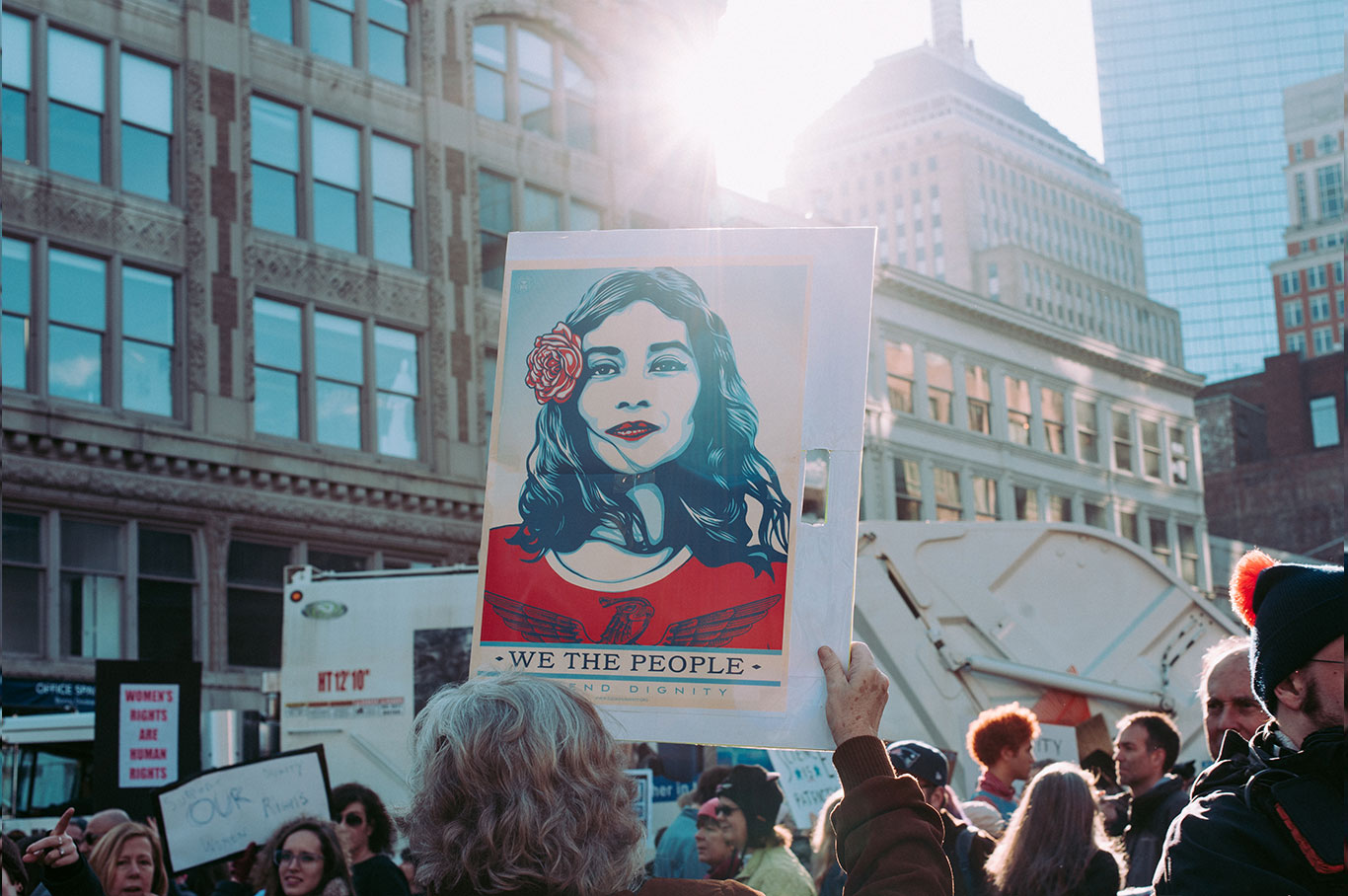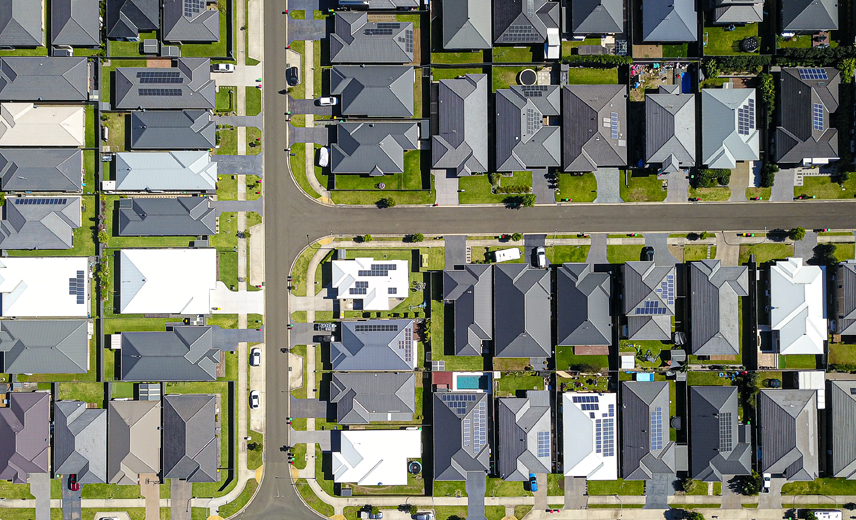Before and after the Great Recession: The struggle for housing equality and justice continues for Latinos
By Agatha So, Policy Analyst, Wealth-Building Initiative, UnidosUS
In early June, UnidosUS held a convening for California Affiliates—community-based organizations that serve the Latino community throughout the state. During one roundtable, Affiliates and housing experts examined the ways in which the COVID-19 pandemic has exacerbated the ongoing housing crisis in California.
Lot Diaz, Vice President of Housing and Community Development at UnidosUS, explained that the pandemic has only made the housing crisis in California worse. In particular, he compared the impacts of the public health pandemic on housing with the housing crisis during the Great Recession.
Keep up with the latest from UnidosUS
Sign up for the weekly UnidosUS Action Network newsletter delivered every Thursday.
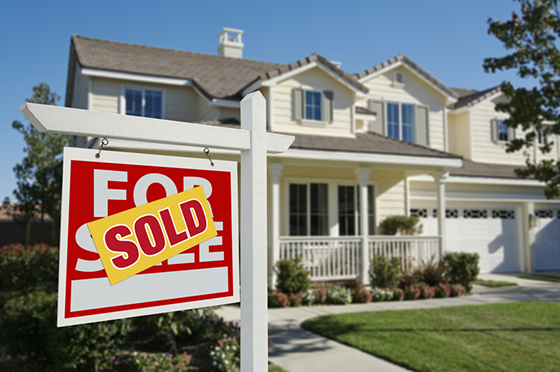
“There are significant differences between 2008 and the current crisis,” he explained. For example, in 2008, the values of homes were inflated, and builders were constructing homes at a breakneck pace. In contrast, before the on-set of the pandemic, homebuyers needed to have higher credit scores to be approved for a mortgage, and there was a shortage of homes. While the housing market collapsed during the Great Recession, the COVID-19 pandemic has not had the same impact on the housing market.
Diaz further explained that at this time, a wave of foreclosures isn’t likely because of available mortgage relief options—including those which allow homeowners impacted by COVID-19 to ask for a pause on their mortgage payments without losing their homes. However, relief programs are temporary measures, and the threat of the pandemic to homeowners’ housing security has not disappeared.
Two UnidosUS Affiliates, Montebello Housing Development Corporation in Los Angeles and Visionary Homebuilders of California, in Stockton, indicated that the health crisis has changed the type of assistance communities need. As we’ve learned from UnidosUS Affiliates from across the country, the need for food and housing assistance has been growing in California.
Robert Monzon, Board President of Montebello Housing Development Corporation, said that the organization had been helping families prepare to buy a home—right up until the outbreak of the pandemic. Once COVID-19 hit, calls came in for help with homelessness from families who have been displaced or lost income. “In addition, the impact seems to be in the area of foreclosure. We are getting more calls for foreclosure counseling,” Monzon said.
Carol Ornelas, CEO of UnidosUS Affiliates Visionary Homebuilders of California, explained that her organization has transitioned from a housing counseling provider to a food pantry. Looking ahead at what efforts would be needed to help families, Ornelas said, “We should make families whole with rent, with their utilities, so there’s a level playing field to help them bounce back.”
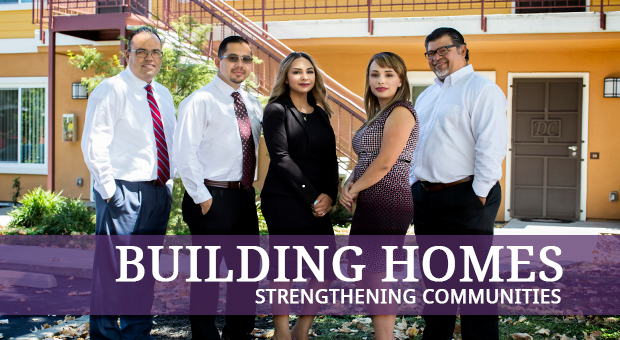
AN UNEVEN PLAYING FIELD
Unfortunately, for Latinos in California and families across the country, the playing field has been uneven long before the pandemic hit, and even before the Great Recession.
As protests continue to ignite nationwide, and signs outside apartment complexes wave “no job, no rent” banners, Latinos have many reasons to join the ranks of people sharing an outcry against persistent inequality and racism. One of those reasons is the legacy of racism in our nation’s housing system.
During the homeownership roundtable, Paulina Gonzalez-Brito, Executive Director of the California Reinvestment Coalition, spoke about how racism and oppression is baked into the housing system.
Practices such as redlining and residential segregation are two hallmarks of racism and discrimination in our nation’s housing system. As early as the 1930s, federal government policy gave support to the practice of redlining, withholding home loans to neighborhoods with larger populations of African American and Hispanic residents. For example, the Federal Housing Administration’s (FHA) home lending guidelines ranked Anglo-Saxons and Northern Europeans as the “most desirable,” and worthy of mortgage credit, while considering “Negroes and Mexicans” as the riskiest, and least worthy of credit.
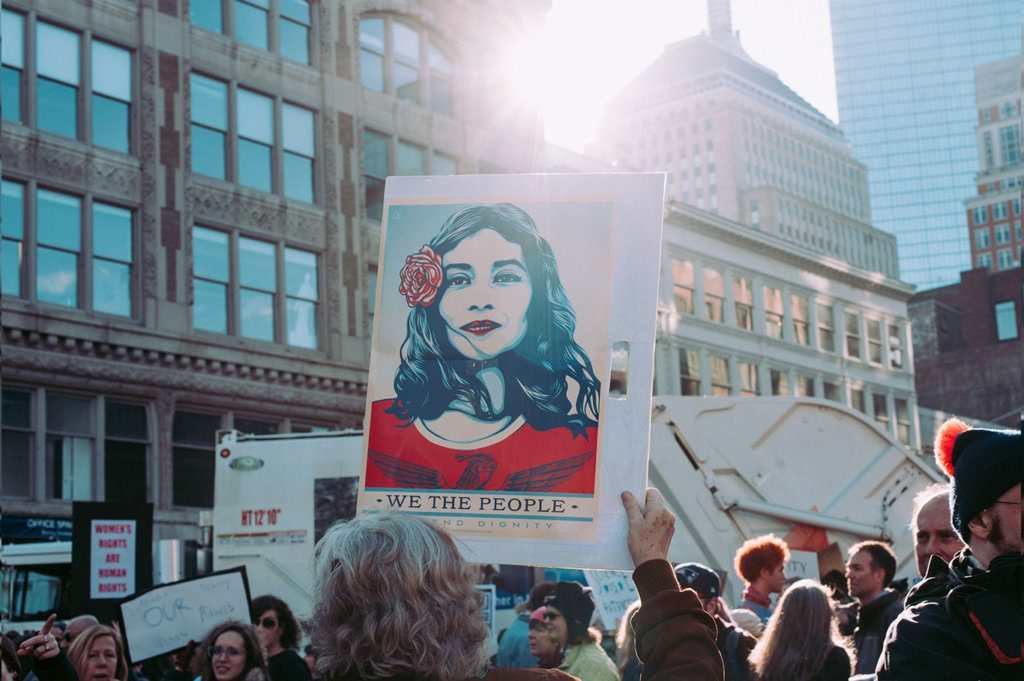
Even though these practices have been outlawed by the passage of civil rights laws including the Fair Housing Act of 1968 and the Community Reinvestment Act of 1977, Latinos and Black Americans experience the effects of an unequal and separate housing system. Latino families are denied a mortgage at a higher rate than White and wealthier homebuyers. Latino youth in segregated neighborhoods are less likely to graduate from college and have fewer pathways to good jobs. And Latinos continue to face discrimination, which makes it harder for Latinos to find an affordable home and keep it, especially in the current pandemic.
UnidosUS recognizes that inequality and discrimination have resulted in disparities in Latino health, economic, and housing outcomes. We are committed to racial justice, including our solidarity with those who are expressing their outrage and calling for justice for Black Americans. In partnership with the local leadership of our Affiliates, UnidosUS calls for policymakers to address institutional racism through policy change. To help Latinos stay in their home, and thrive beyond the current pandemic, UnidosUS will continue to call on Congress to provide additional inclusive federal aid, including funding for critically needed housing counseling services and emergency rental assistance.
